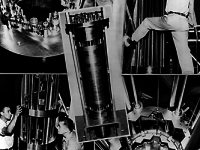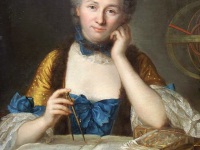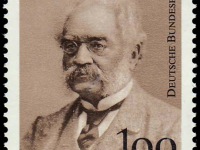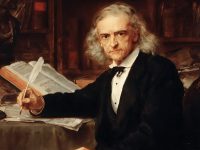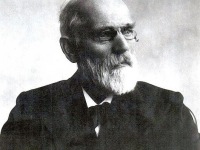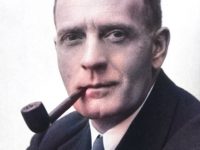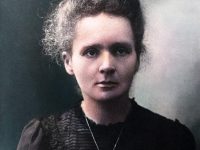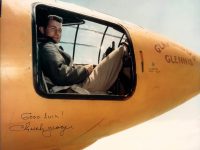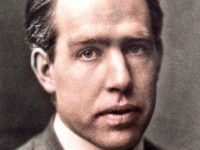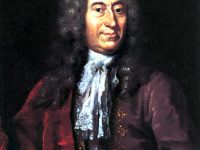Experimental Breeder Reactor I – The World’s First Nuclear Power Plant
On December 20, 1951, Experimental Breeder Reactor I (EBR-I) became the world’s first electricity-generating nuclear power plant when it produced sufficient electricity to illuminate four 200-watt light bulbs. From Manhattan Project to Atomic Energy Commission The reactor is located in the the state of Idaho between the Idaho Falls and Arco. The construction was designed by Walter Zinn and Enrico Fermi at the Argonne National Laboratory.[5] The famous Italian physicist Fermi became next…
Read more

